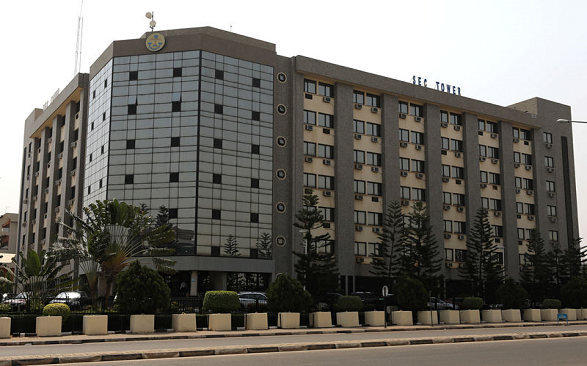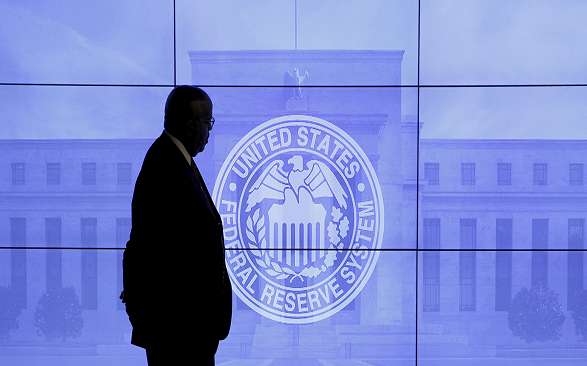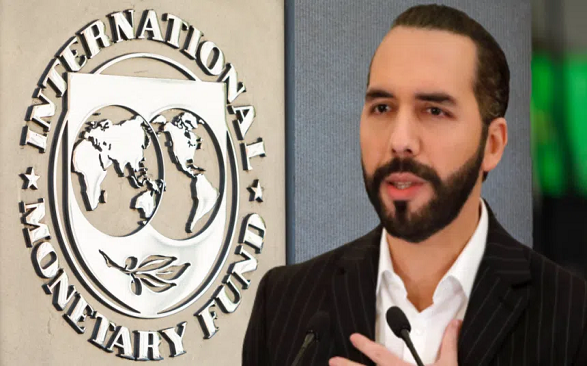Introduction
The Securities and Exchange Commission (SEC) Nigeria on Friday 13 May 2022 released new rules for the regulation of digital assets in the country. The new SEC Rules apply to VASPs, including digital asset offering platform (DAOP), digital asset custodian, digital asset exchange (DAX). It also governs the issuance of digital assets in Nigeria.
The Rules officially legalizes crypto assets and other virtual assets in Nigeria.
Definitions of Key Terms
Digital Asset: a digital token that represents assets such as a debt or equity claim on the issuer.
- Digital Asset Custodian: a person who provides the services of providing safekeeping, storing, holding or maintaining custody of virtual assets/digital tokens for the account of another person.
- Digital Assets Offering Platform (DAOP): an electronic platform operated by a DAOP operator for offering digital assets.
- Virtual Asset: a digital representation of value that can be transferred, digitally traded and can be used for payment or investment purposes. It shall not include digital representations of fiat currencies, securities and other financial assets.
- Virtual Asset Service Provider (VASP): any entity who conducts one or more of the following activities or operations for or on behalf of another person:
- exchange between virtual assets and fiat currencies;
- exchange between one or more forms of virtual assets;
- transfer of virtual assets;
- safekeeping and/or administration of virtual assets or instruments enabling control over virtual assets; and
- participation in and provision of financial services related to an issuer’s offer and/or sale of a virtual asset.
Under the Rules, the meaning of VASPs includes:
- all platforms that facilitate trading, exchange and transfer of Virtual assets;
- any person, (individual or corporate) whose activities involve any aspect of Distributed Ledger Technology (DLT)-related and virtual digital asset services. Such services include, but are not limited to reception, transmission and execution of orders on behalf of other persons, dealers on own account, portfolio management, investment advice, custodian or nominee services, etc;
- issuers or sponsors of virtual/digital assets, including foreign or non-residential;
- foreign or non-residential operators that actively target Nigerian investors directly or through their agents, through promotions, publications in Nigeria or direct e-mails to Nigerian addresses.
This is similar to the definition given to “VASPs” by the Financial Action Task Force (FATF) in its 2021 Updated Guidance for a Risk-Based Approach to Virtual Assets and Virtual Asset Service Providers: “[A]ny natural or legal person … that conducts one or more of the following activities or operations for or on behalf of another natural or legal person: Exchange between virtual assets and fiat currencies.”
The Implication of the Rules to DAOPs, DACs, and VASPs
By virtue of the new Rules, “all promoters, entities or businesses proposing to conduct initial digital asset offerings within Nigeria or targeting Nigerians”, are required to register with the SEC. The registration requirements include the submission of assessment form and draft whitepaper, registration statement of the digital assets, KYC procedures, disaster recovery plans, and risk management protocol and security protocols. Other requirements are solicitor’s opinion confirming that all applicable permits and licenses for the issuance and transfer of the securities, after the offer, has been obtained; corporate governance disclosures; and evidence of payment of the applicable fees.
The prescribed fees for DAOPs are as follows:
- Filing/Application Fee – N100,000 (One Hundred Thousand Naira only)
- Processing Fee – N300,000 (Three Hundred Thousand Naira only)
- Registration fee – N30,000,000 (Thirty Million Naira only)
- Sponsored Individuals Fee – N100,000 (One Hundred Thousand Naira only)
In addition to the foregoing,
- Evidence of Required Minimum Paid up Capital – N500,000,000 (Five hundred Million Naira only) (i.e. Bank balances, Fixed asset or Investment in quoted Securities);
- Current Fidelity Bond covering at least 25% of the minimum paid-up capital as stipulated by the Commission’s Rules and Regulations; are also required.
The registration of a DAOP may be cancelled either by the Commission or by itself. By the Commission, if the DAOP has submitted to the Commission any false or misleading information; has failed to meet the requirements as provided in the Investment and Securities Act (ISA) 2007, or the new Rules; has failed or ceased to carry on the business or activities it was registered for, for a consecutive period of six (6) months; has contravened any obligation, condition or restriction in the new Rules; or has failed to pay any fees required by the Commission. Also, a DAOP may, by notify the SEC in writing, if it intends to withdraw its registration, giving reasons for its withdrawal.
Similarly, the prescribed fees for digital asset exchanges (DAX) are as follows:
- Filing/Application Fee – N100,000 (One Hundred Thousand Naira only)
- Processing Fee – N300,000 (Three Hundred Thousand Naira only)
- Registration fee – N30,000,000 (Thirty Million Naira only)
- Sponsored Individuals Fee- N100,000 (One Hundred Thousand Naira only)
Also, SEC requires the following:
- a Minimum Paid-Up Capital and Fidelity Bond
- Evidence of Required Minimum Paid up Capital – N500,000,000 (Five hundred Million Naira) (i.e. Bank balances, Fixed asset or investment in quoted securities), subject to verification of the sources of the funds;
- Current Fidelity Bond covering at least 25% of the minimum paid-up capital.
Reactions from VASPs in Nigeria
Reactions from players in the industry so far have revealed, among other things, the amount of the fees prescribed for the registration of DAOPs and DACs is a thing of concern. With this huge amount of fees, does it not imply that the SEC is restricting the number of players who may wish to operate virtual assets business in Nigeria, otherwise what could be the justification for such fees? Most of the private operators in the virtual/digital assets market in Nigeria are still startups trying to find their feet. Now they may be forced to either restructure (by partnering, merging, selling out) or quit!
The SEC Rules on Digital Assets is the first piece of regulation in Nigeria in respect of digital assets. As earlier reported, the Nigerian Financial Intelligence Unit (NFIU) of the Central Bank of Nigeria (CBN) is also set to release regulations for VASPs in view of a National Risk Assessment (NRA) to be conducted in the country. Note must be taken that these steps notwithstanding, the CBN’s position on cryptocurrency in Nigeria still subsists. Operators must therefore tread with caution. However, there seems to be hope in anticipation for the industry as regulations are being rolled out.
Owen Odia, Country Manager at Luno, as reported by Bloomberg, believes that the SEC rules “could act as the precursor for a surprise move from the central bank to reverse its approach, providing critical foundations for mass crypto adoption across the country.”
Franklin Peters, Founder & CEO of Boundlesspay thinks differently. In a piece he published on Medium, Franklin strongly believes that the SEC rules will kill local innovation in Nigeria. He proposed that Nigerian regulators should “create a regulatory sandbox with very minimal/ basic requirements and incubate startups…here you teach them the Do’s and Don’ts according to the law… this puts them in a relaxed environment to build and innovate without hurting themselves, the government or other people.” Franklin believes that prohibitive and cumbersome registration processes will hurt investments in the VAAPs sector. But Franklin understands that government needs revenue too. “Generate enough revenue to then upgrade to proper license that is required for full operation”, which makes operators “become big enough to reduce unemployment and add to the GDP of the country” and “ultimately become global unicorns”.
The major regulator of the Nigerian capital market and supervised by the Federal Ministry of Finance, the SEC also supervises the Nigerian Stock Exchange (NSE), a privately owned and self-regulating organization, to ensure “orderly and equitable” dealings in securities, and to protect the market against abuses.
Discover more from Crypto Asset Buyer
Subscribe to get the latest posts sent to your email.





